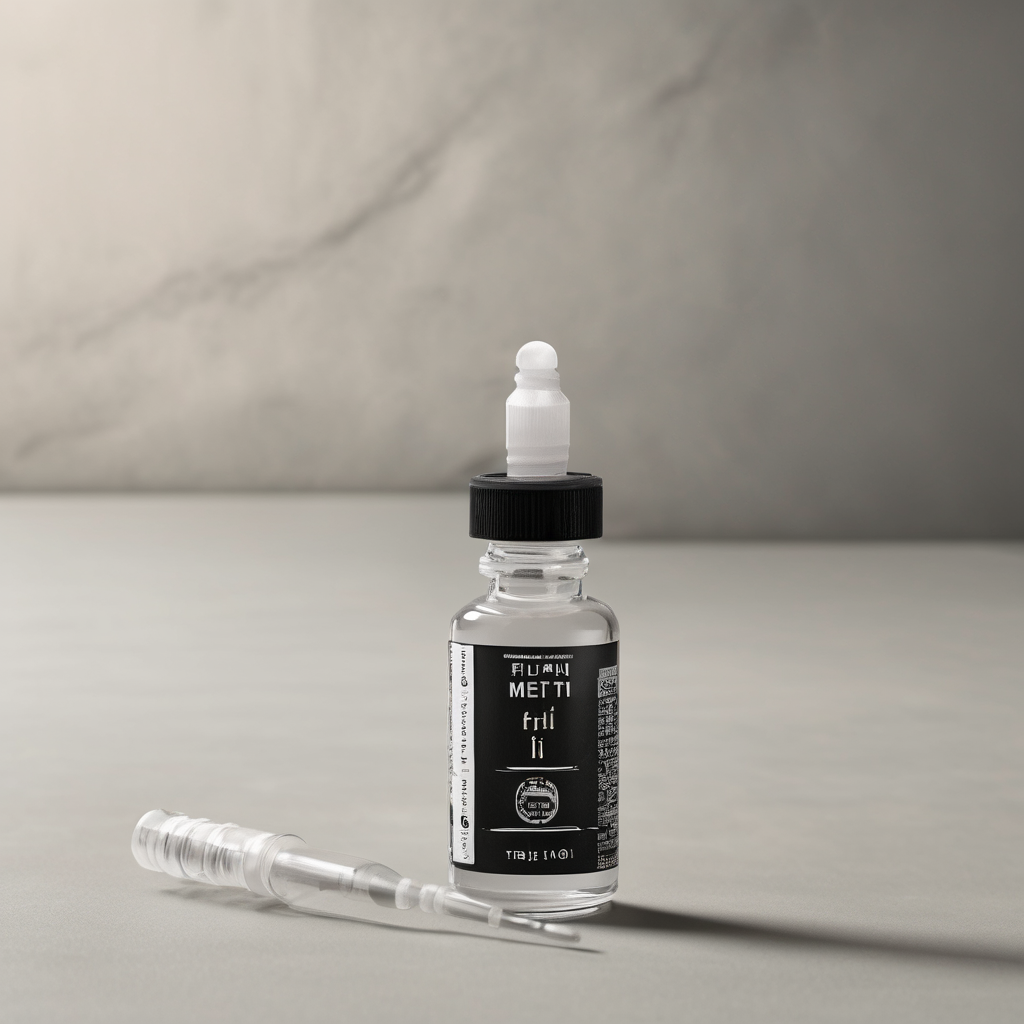Recent findings from an assessment of drug use in Suva have raised alarming concerns regarding the practices surrounding methamphetamine injection, significantly impacting public health. The study, conducted by researchers from the Kirby Institute in Australia, engaged 56 individuals who actively use drugs or inject.
The results unveiled dangerous behavior, particularly needle sharing and risky preparation methods that increase the likelihood of HIV and viral hepatitis transmission. Virginia McDonald, a representative from the Kirby Institute, highlighted a particularly concerning technique termed “Koda,” which involves mixing methamphetamine with the user’s blood in the syringe instead of using water. This practice not only endangers the individual but also exacerbates the risk of infections spreading within the community.
McDonald clarified that it is not the act of drug use itself that elevates the likelihood of contracting HIV or hepatitis, but rather the sharing of needles and syringes among users. Interviews conducted during the research showed minimal evidence of a phenomenon called “Bluetoothing,” yet there was a troubling confirmation that individuals are reusing syringes, which poses a serious health concern.
Dr. Dashika Balak, the Acting Head of the National HIV Outbreak and Cluster Response, emphasized the urgent need for effective harm reduction strategies in Fiji. This urgency is underscored by a staggering nearly 3000 percent increase in HIV infections since 2010. Once ranked second in new infections, Fiji now unfortunately leads the Pacific region in HIV cases, highlighting the critical need for swift interventions.
Health authorities link the rise in methamphetamine use to the growing rates of HIV, advocating for evidence-based harm reduction methods such as the Needle Syringe Program. This program is essential to combat the trend of needle sharing and significantly lower new infection rates. Community advocates reiterate the importance of ensuring access to clean needles to further diminish these risks.
The issue of drug-related health complications in Fiji is underscored by reports indicating that approximately 552 new HIV cases were recorded in the first half of 2024, with 85 cases directly linked to injection drug use. This scenario necessitates comprehensive strategies that encompass community involvement and education to tackle both the escalating drug use and the health risks associated with it.
Despite the severe circumstances prevailing, there is an optimistic outlook as health officials and community leaders join forces to implement strategies that aim to reduce the incidence of HIV and provide support for those affected. By prioritizing harm reduction and progressive public health initiatives, Fiji can move towards a healthier future for its communities, fostering hope through collaborative efforts in public health and community welfare.
